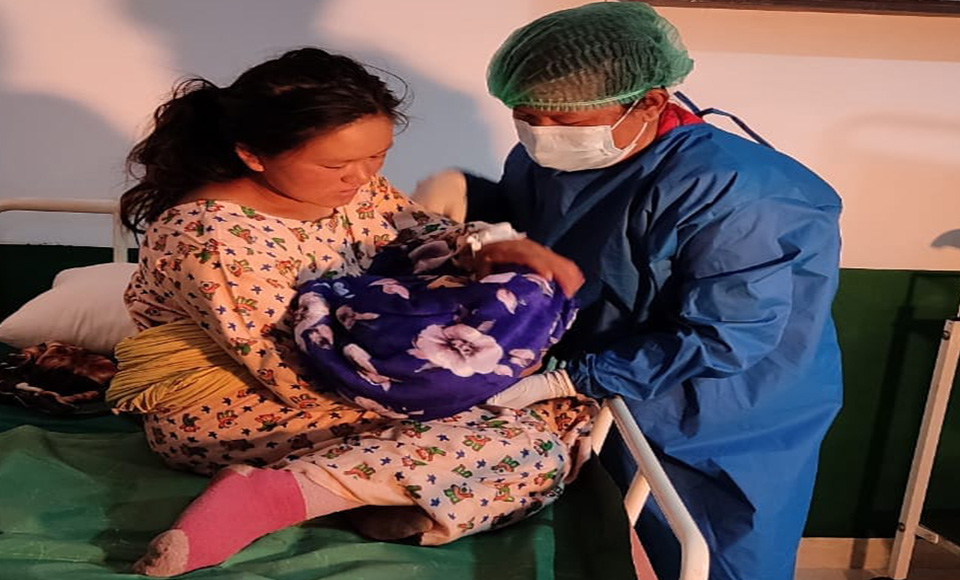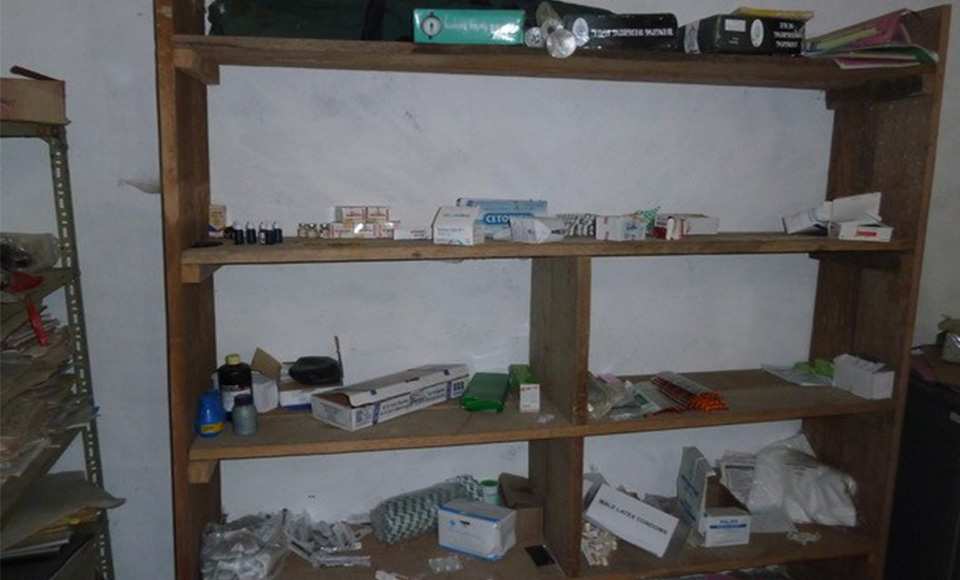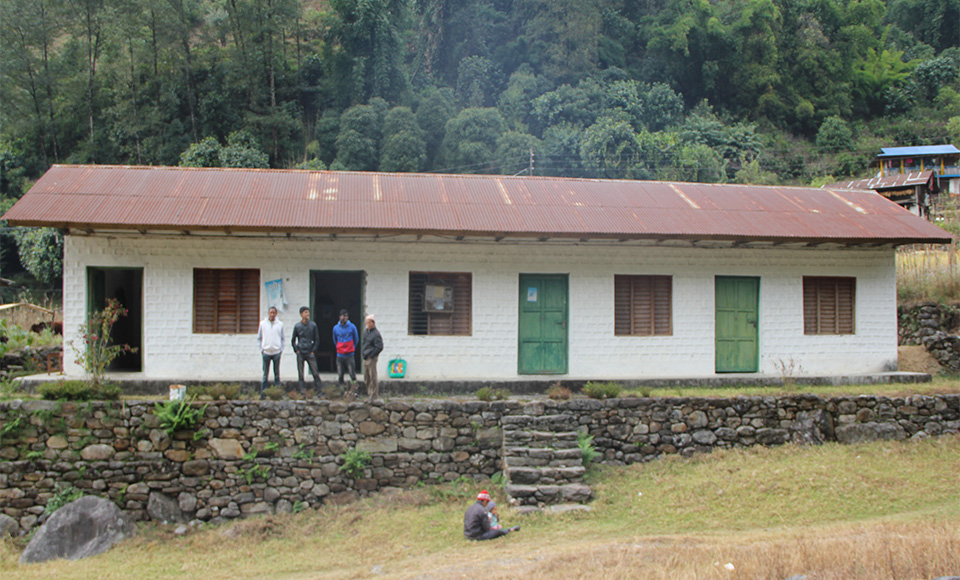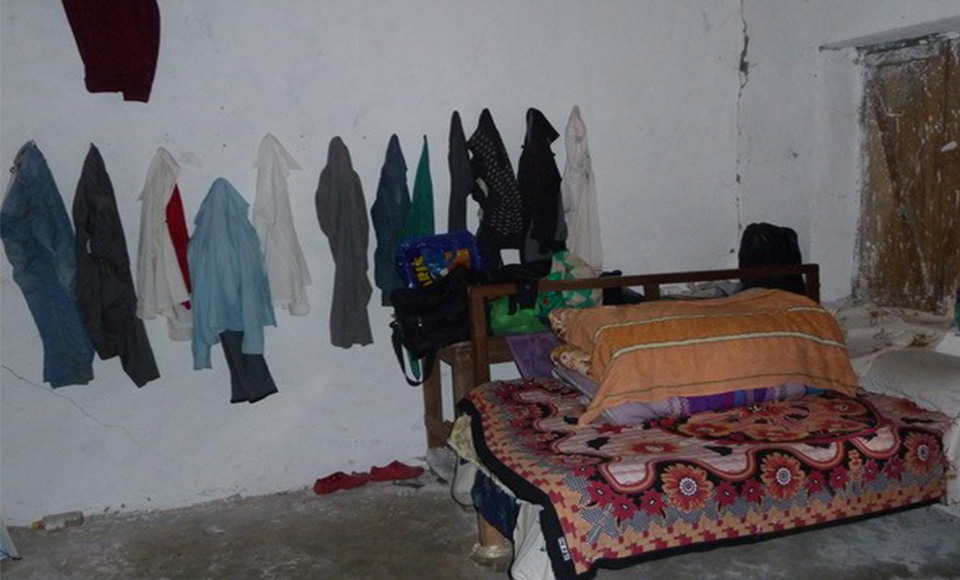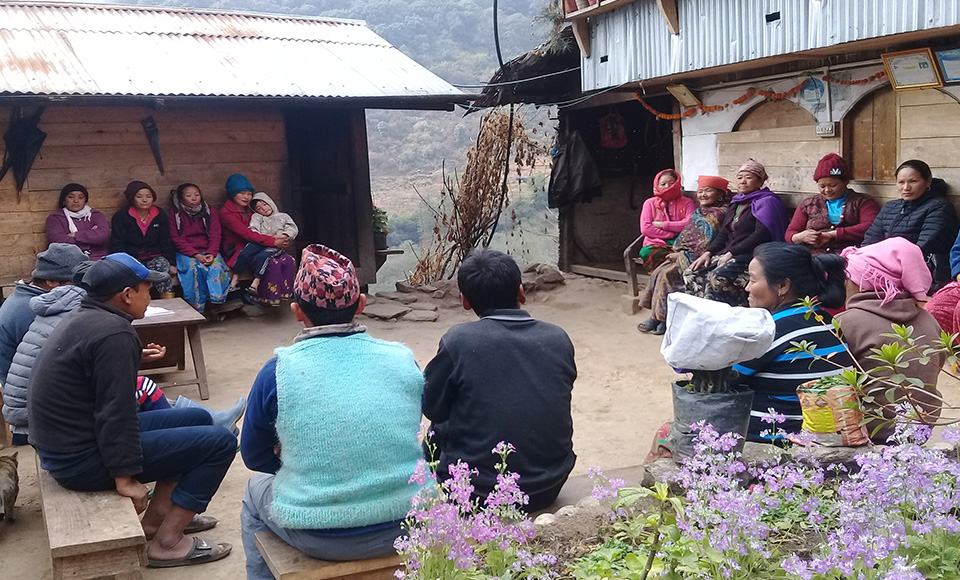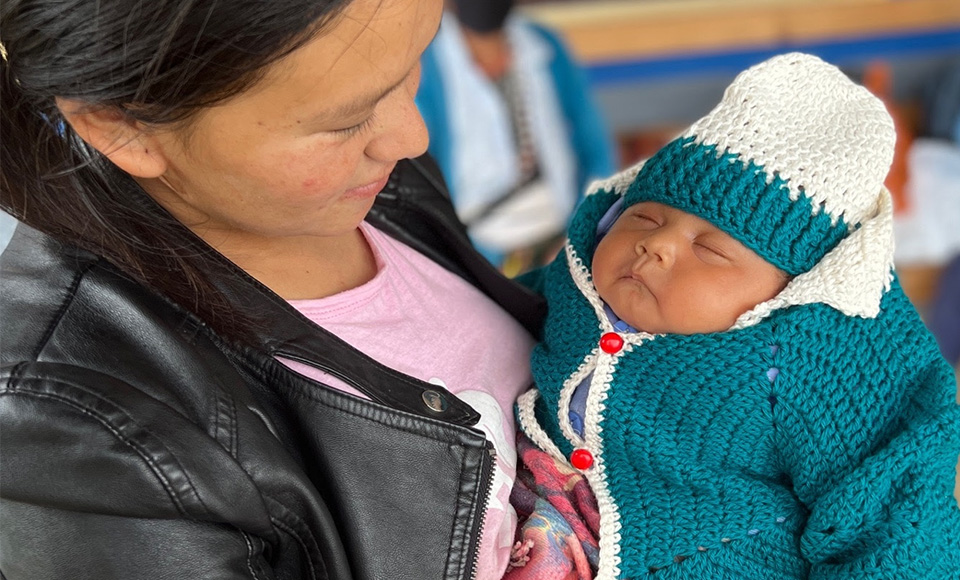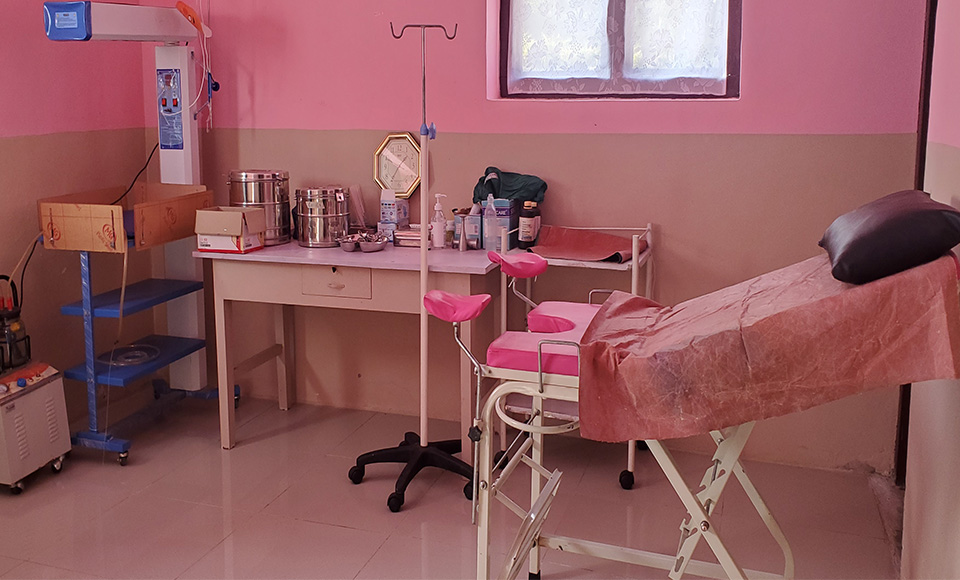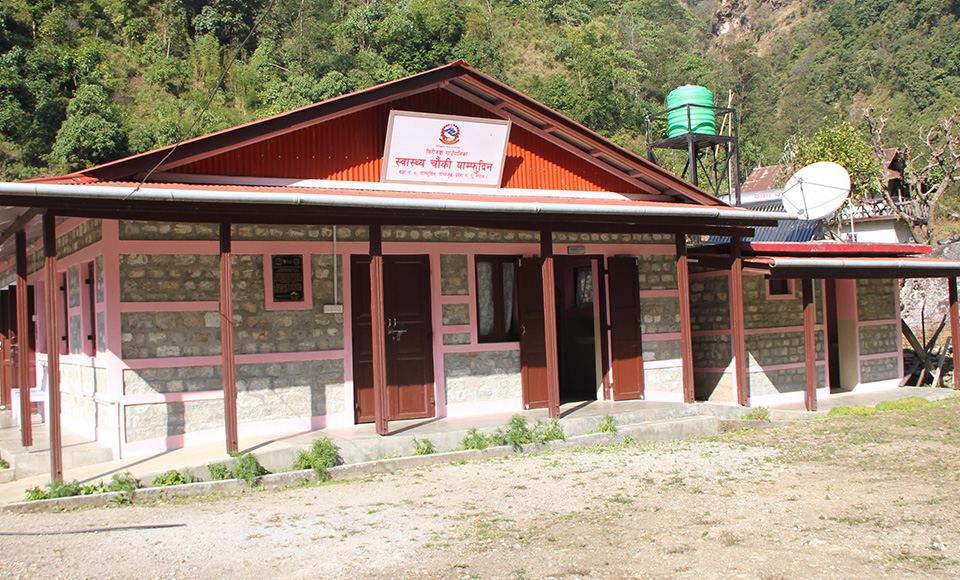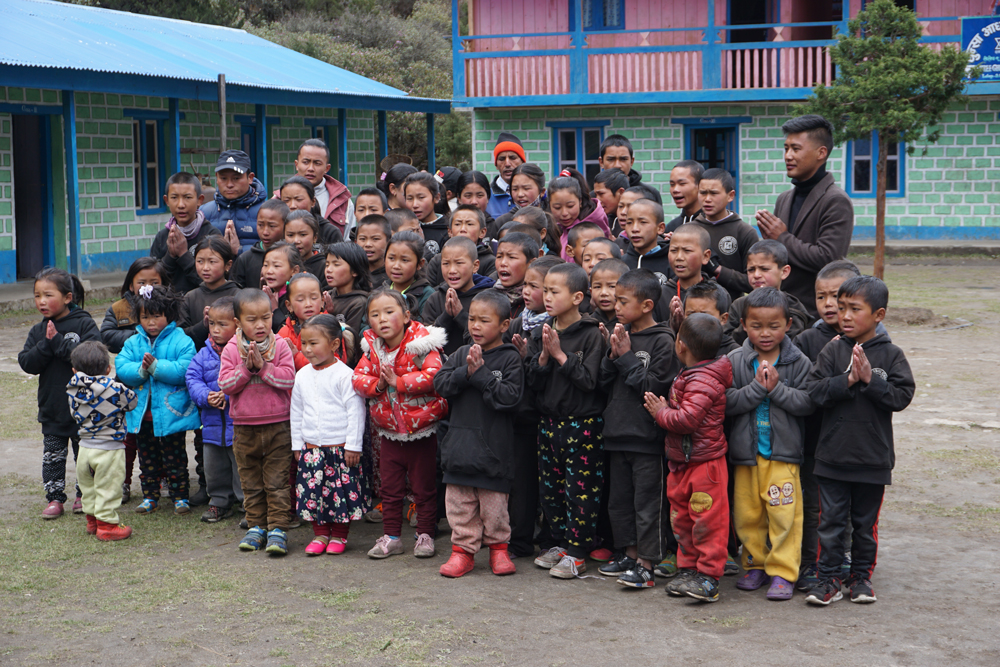The story of Yamphudin is one of remarkable change. Our health team were met with very poor, remote mountain villagers desperate for our help during our first visit in 2015. That first visit resulted in a five year successful partnership between the community, Action For Nepal and ourselves. Together we transformed the village’s health knowledge, behaviours, services and outcomes.
SUPPORTING THE MOUNTAIN PEOPLE OF NEPAL Donate

